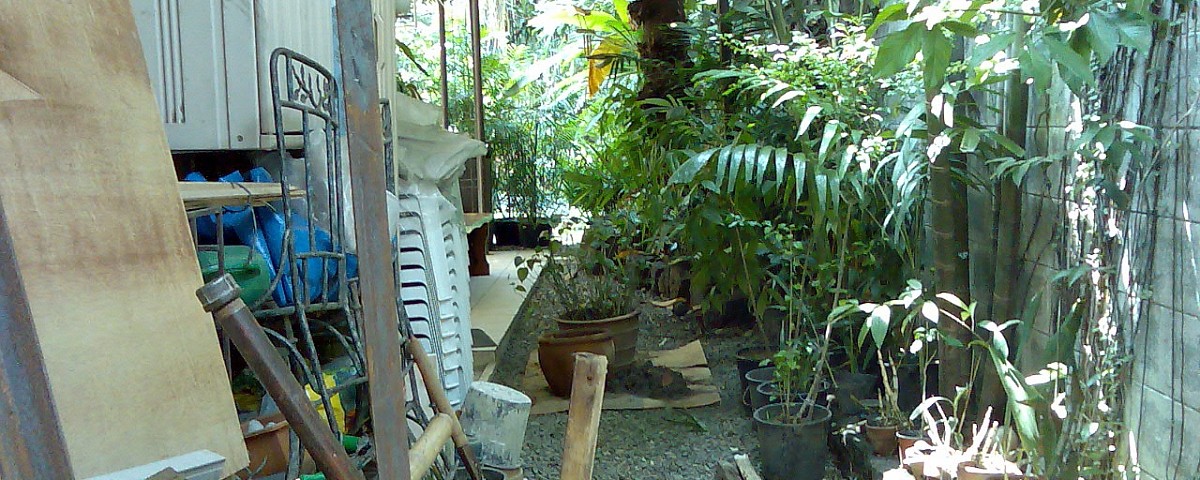1. Don’t store your clutter
Self-storage is a great idea if you have minimum space but have too many items. Now you may have too many items as you are a hoarder like me, and that’s fine as we live with the hope that one day we may need to use an item that we have been keeping. Some of us also keep items which we have inherited or been given as a present but there just isn’t an ideal place to put it in the home. In this case self storage is the best idea, but you have to be careful you don’t start storing clutter in your self storage units, as you don’t want to be paying to store you rubbish.
There are multiple ways you can get rid of items which don’t have any use to you anymore. The most common is selling online through websites such as eBay or Gumtree, meaning you will be gaining money from selling items that have been cluttering your house. You could also give items to charity shops if you are unable to sell them. So there is no need to be storing your clutter and the less you have the less you will have to pay, even though these days you are able to find cheap self storage units. So to save money only store items you really want to keep, as hard as that may be.
2. Beware of Short-Term Offers
There are just so many deals out on the market and you can never be too sure if you have picked the right one or even if it is really a good deal or not. Deals such as huge discounts for the first month could be great if you are having to use storage for a short time but if self-storage may be a longer term commitment it may not be the most suitable deal. You should also take into account if they offer additional services such as collections and whether this is included into the price or not, as this could save you money and time. Check out a self storage price comparison chart if you are confused by all the special offers – you can literally save thousands by shopping around.
You should also be concerned about those amazing sounding deals as much as they might sound tempting it is likely to have hidden cost as it’s just too good to be true. You ought to plan ahead and know exactly the amount you are going to have to pay for the time you items are in the self-storage unit, so that you are able to pick the cheapest option.
You should also take into account:
- The minimum sign-up period
- The minimum size of the self-storage units
- The terms and conditions
Fixed rate deals could be the best option if you want cheap self-storage over a long period of time instead of going with a deal such as 50% off the 3 months. So just make sure you find the deal which is best matched to your needs.
3. Compare insurance deals

![]() By Pictures of Money (Contact)
By Pictures of Money (Contact)
There are a variety of different items which you could store, from ones which are highly sentimental but have no monetary value to items which are highly valuable but you have no need of in your house. So whichever type of items you are storing you have to make sure you have got suitable insurance cover. Damage can occur to your items whilst in storage through fires, floods etc. or there might even be a theft so you want to ensure you have sufficient compensation. The worst scenario would be if you have incorrect insurance that doesn’t fully cover you, and so are unable to get your items replaced if something dreadful was to occur. Therefore, make sure you check all the insurance options available from both your self-storage provider and independent insurance companies.
You should get quotes from multiple company insurers so that you have a selection to pick from. You should firstly start with your household contents insurance (if you have one) by checking if their policy extends to items in storage. You should make a list of all the items you want to store and get a quote from: your existing household insurer, one the storage company recommends and then at least another independent insurer.
It can be hard to compare the different insurance quotes as no two insurance policies are the same. You should check the level of insurance, if there are any exclusions and the maximum individual item values that will be covered and pick the one which best suites your situation.
4. Avoid late fees
Late fees can significantly increase the cost of self-storage as many will charge you a fee if you pay your rent late for the self-storage units. This can easily be corrected if you set up a direct debit with your bank ensuring that you don’t forget to pay on time.
Not only this, self-storage companies are entitled to sell your items in compensation for the rent you have not paid and I don’t think any of us would want to lose our belongings which is the main reason why we have put them in self-storage. So just make sure you avoid late fees not only to lower the cost but also to ensure you don’t lose your possessions.








